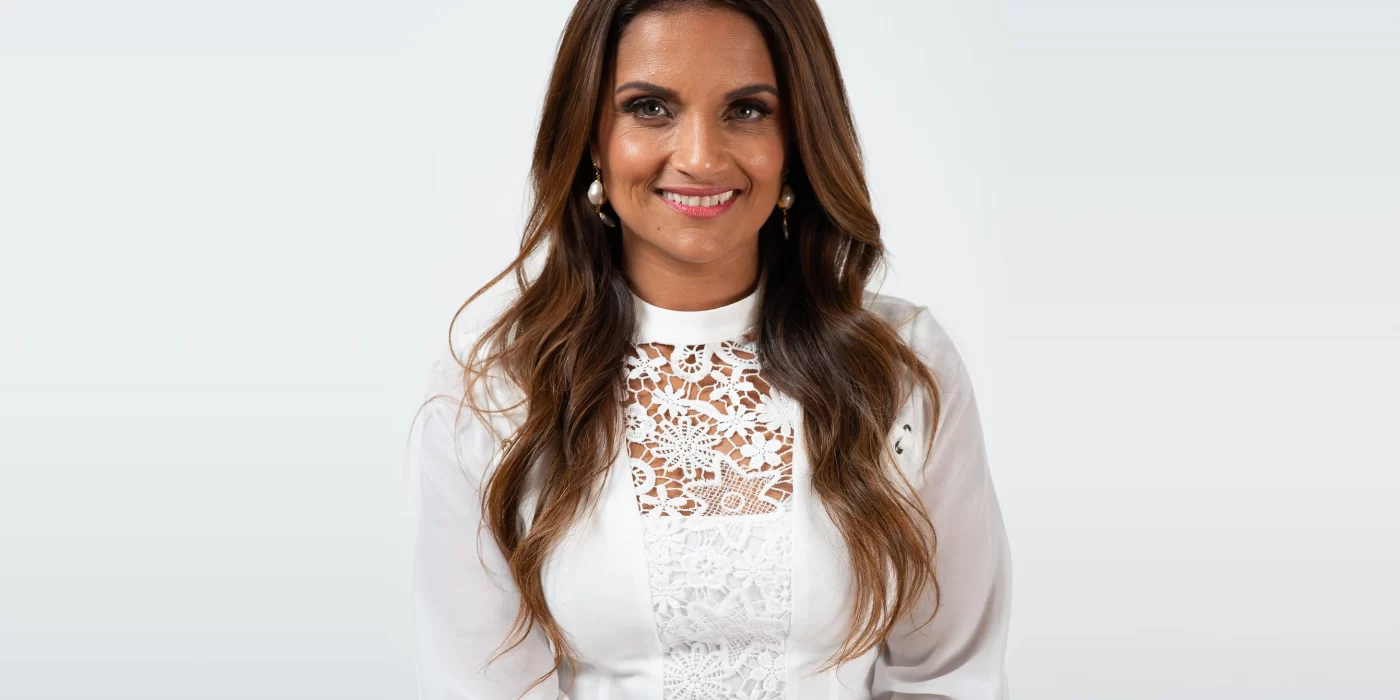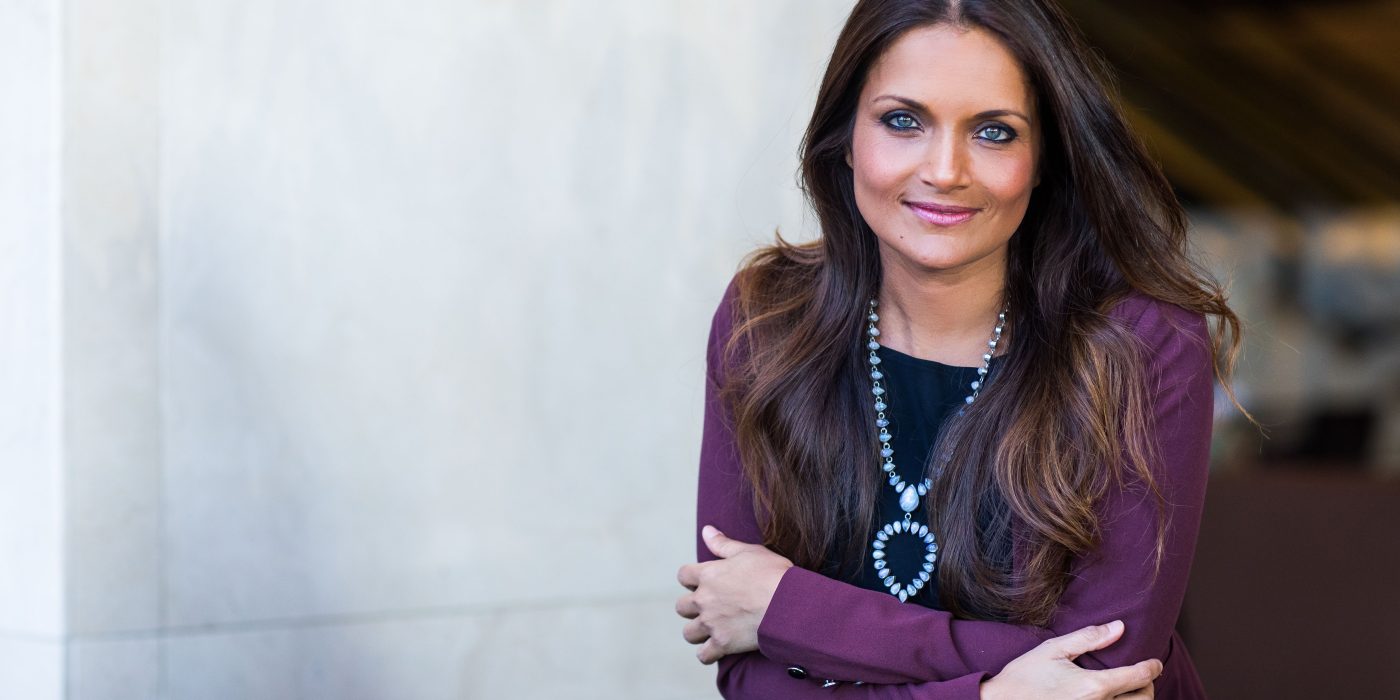14 Cases of Domestic Violence per Hour in Romania in the First Months of 2025 | ParentED: Early Parental Education Can Save Lives
- 14 cases of domestic violence were recorded in Romania during the first months of 2025.
- 38% of parents admit to physically abusing their children, and 63% of children state that they are beaten at home by their parents.
Bucharest, June 3, 2025 – In the first four months of 2025, there was an average of approximately 14 cases of domestic violence per hour in Romania. Police intervened in over 40,000 cases at the start of this year, according to IGPR*; meanwhile, according to Save the Children data, nearly 30% of children and young people of school age do not attend any form of education, and the dropout rate in primary and secondary cycles reached 19.2% in 2024.
In Romania, the correlation between various forms of domestic violence—including child abuse—and low education levels is becoming increasingly evident, representing a serious social problem. According to a study by Save the Children, 38% of parents admit to physically abusing their children, and 63% of children report being beaten at home by their parents.
At the same time, nearly 20% of parents still perceive physical punishment as an acceptable disciplinary method, indicating a lack of awareness about the negative effects of violence on child development**.
“The tragic events of recent days are not exceptions but direct consequences of a system that does not function — a system that does not protect but exposes women and children to ongoing risks. At ParentED Fest, we believe that real change starts with education. It is essential to help families build safe relationships based on trust, empathy, and mutual respect. In such a culture, violence is neither method nor justification. When violence becomes part of daily life, it is no longer perceived as an exception. It becomes the norm. And tragedies are just a natural consequence of this sick ‘normality’. It’s time for action. We join civil society voices calling for a profound rethinking of public policies regarding the safety of women and children. We can no longer wait for the next tragedy”, said Diana Bălan, parenting expert and founder of ParentEd Fest.
Prevention Starts with Education
Parental education is not just about “how to set gentle but firm boundaries for your child.” It means raising a child who can identify a lack of respect, recognize aggression, and trust enough to report it. It means parents becoming those adults whom children can trust.
UNICEF Romania emphasizes that approximately 400,000 Romanian children are out of the education system, two out of 10 children do not complete eight grades, and only six out of 10 attend high school***
This lack of access to education contributes to perpetuating a vulnerable family environment prone to violence. Low education levels, especially in rural areas or vulnerable communities, are often associated with a culture of violence, perpetuated through inappropriate disciplinary methods, impacting both family relationships and children’s emotional health.
“Secure relationships between parents and children are fundamental for their healthy development. Understanding children’s emotions and needs help fosters resilience, trust, and emotional balance. Children cannot report danger when they are afraid of the adults they should trust. They need to feel safe first in order to recognize what is not safe. And safety does not only mean physical protection. It also involves parental education, emotional education in schools, critical thinking; tools through which a child can learn to say: What is happening to me is not normal,” highlights Dr. Gordon Neufeld, child development psychologist, who will be present at ParentED Fest this fall.
According to a British study, parents’ education level directly influences children’s cognitive development, including reading and math skills. Thus, parental involvement in early childhood education leads to higher graduation rates, better academic performance, and stronger social skills****.
*** https://www.unicef.org/romania/ro/educa%C8%9Bia-parental%C4%83-%C3%AEn-rom%C3%A2nia
**** https://osf.io/preprints/psyarxiv/s5eyg_v1
Media enquiries: Stefan Pascuta +40 748 883 201









